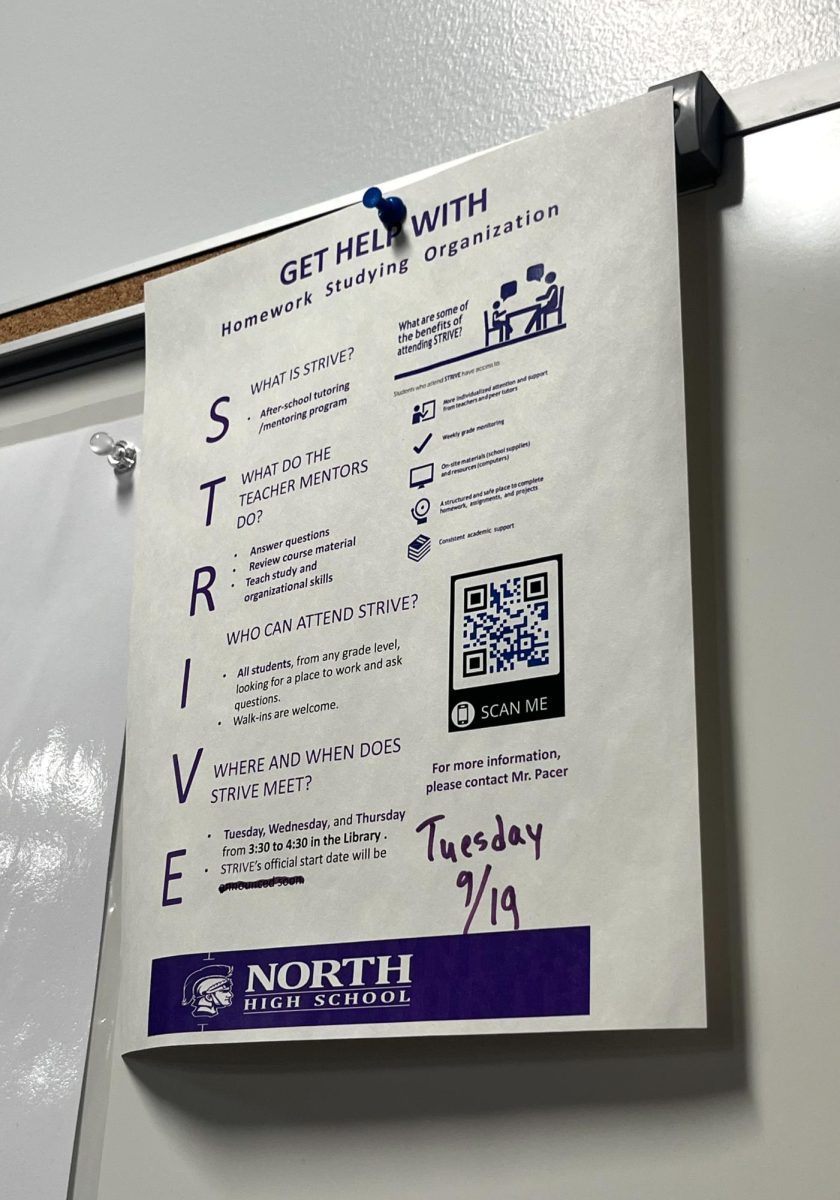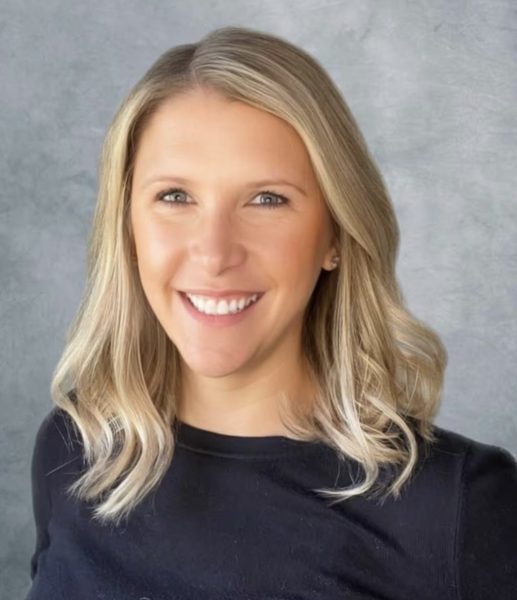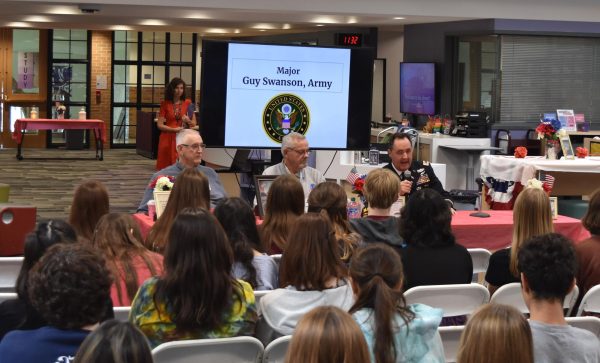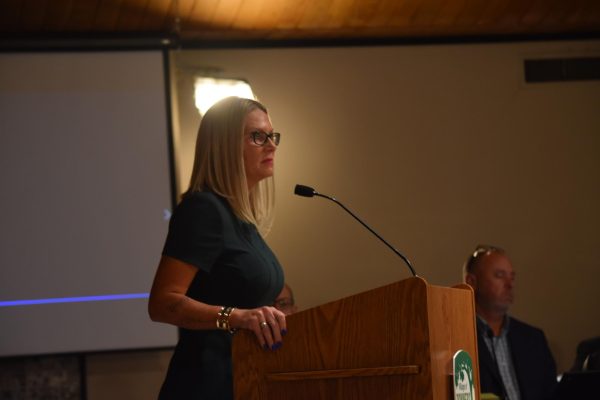Female students discuss their future in the military
February 12, 2016
The U.S. Defense Department recently opened all military roles to women, with no exceptions. This news is particularly pertinent to juniors Mel Dziabula and Simone Gardner, who plan to enlist after graduation.
“I’m graduating a semester early, so I can be enrolled in Basic Training for the ROTC program, hopefully at St. Louis University,” said Dziabula, who plans to complete the ROTC program and enter the military as a medical officer.
“I won’t be a combat soldier, but I still want to be active duty, on the front lines.”
However, Dziabula wanted to enlist before the Defense Department changed the rules.
“My dad really inspired me to join, because when I mentioned the idea to him, he was really into the whole process.”
It doesn’t stop there.
“It’s not just my dad, though. It really isn’t any specific person. I want to go for everybody already in the military, I want to help people. I decided that’s what I want to do with my life.”
Dziabula believes everybody has different reasons to join the military, and that none of them should be criticized.
“A big reason people enlist is the benefits. Joining the ROTC gives you money for college, and just being in the military gives people all kinds of benefits after they leave.”
Junior Simone Gardner also plans to enlist in the military, although her influences are slightly different.
“After high school I plan on attending West Point Academy. Athletically I will be playing soccer, but academically I plan on studying medicine and becoming an orthopedic surgeon.”
Gardner’s career will come after at least five years of service in the military, per the expectations of West Point Academy.
“I had originally planned to serve in the Marines myself, but West Point reached out to me after seeing me play (soccer) in a tournament last spring.”
Gardner ended up visiting West Point that summer, and verbally committed to the school.
“Eventually I decided that it would be the best place for me.”
Gardner knows that she wants to serve in the military, but active combat is a decision that requires slightly more thought.
“[Being an active combatant] is something I’ve been considering, though I feel like that decision will obviously have to be made after I’ve experienced what training is like and how I’m able to perform in tough situations. I’m going to base my decision on my abilities and go where I think I’m needed.”
One effect of the Defense Department’s recent decision is renewed debate on the topic of Selective Service, and draft enrollment. When asked if women should be required to sign up for the draft, Dziabula was hesitant.
“That’s a hard question,” followed by a moment of silence. “I don’t think it should have to be mandatory, because there are a lot of women who don’t think they would be able to do it (serve in the military). I’m doing it because I want to, and I feel strongly about it.”
Although Dziabula and Gardner are far from the only DGN students interested in serving in the military, they are part of a select crowd. According to an anonymous Omega survey of 425 people, 12.8% of the participants said that they would be interested in a military career, and an additional 22.5% listed themselves as undecided.
Lucas Naber | A&E Editor
[email protected]
Kayla Lindberg | Staff Writer
[email protected]















